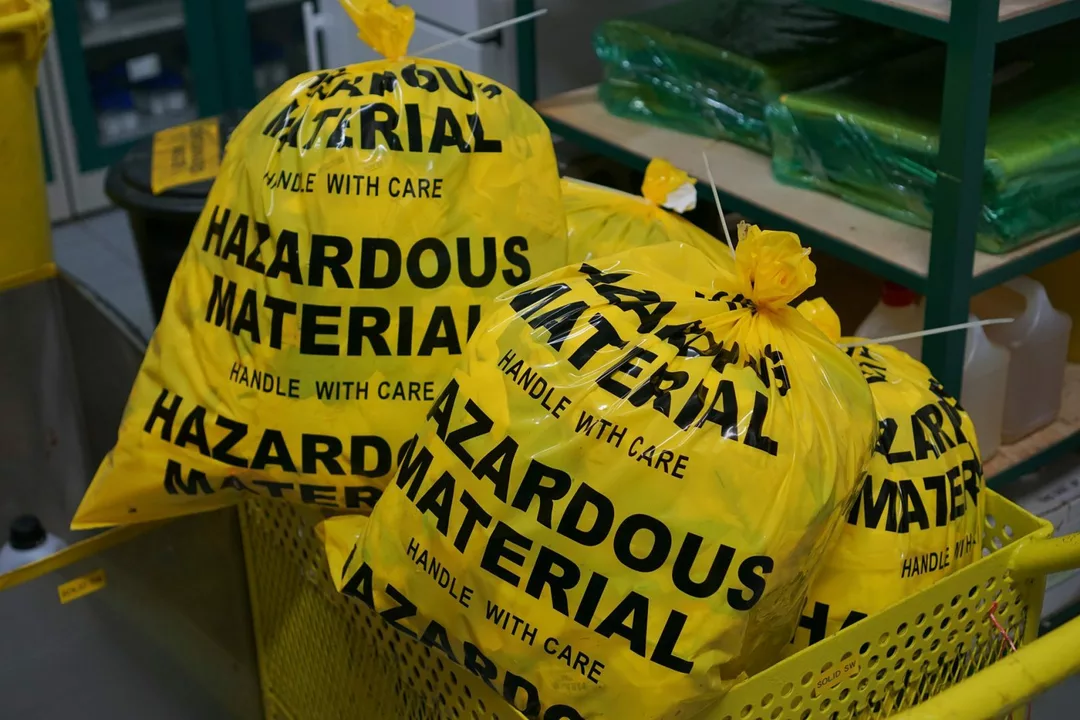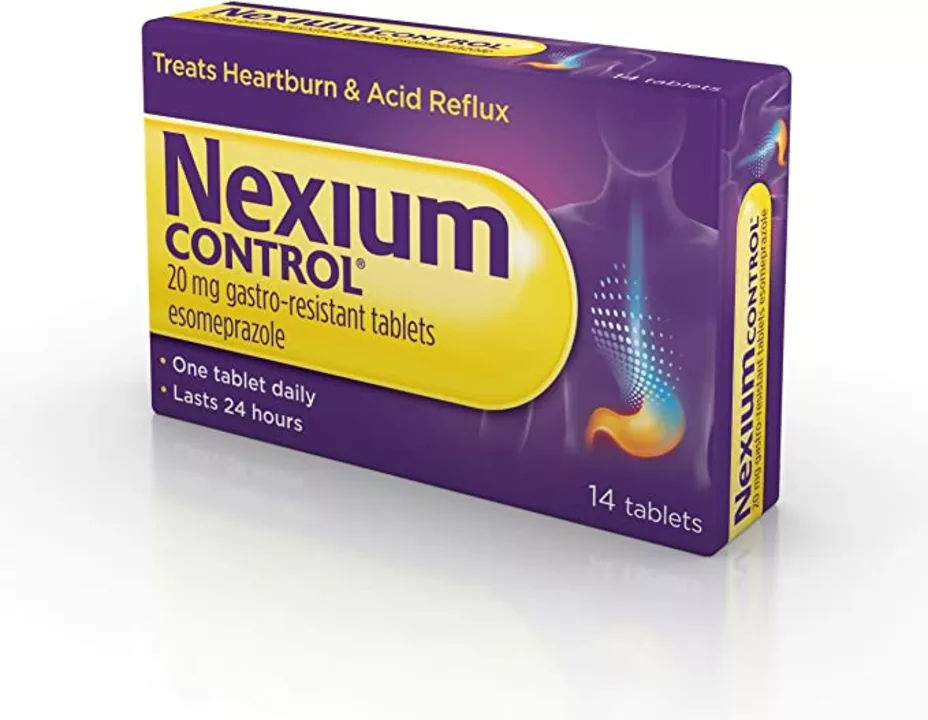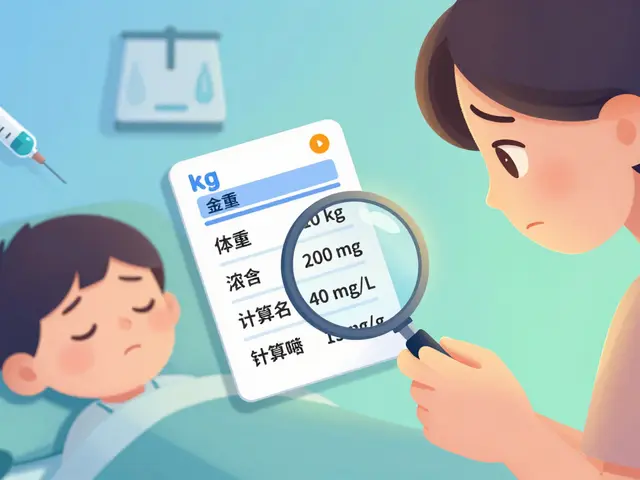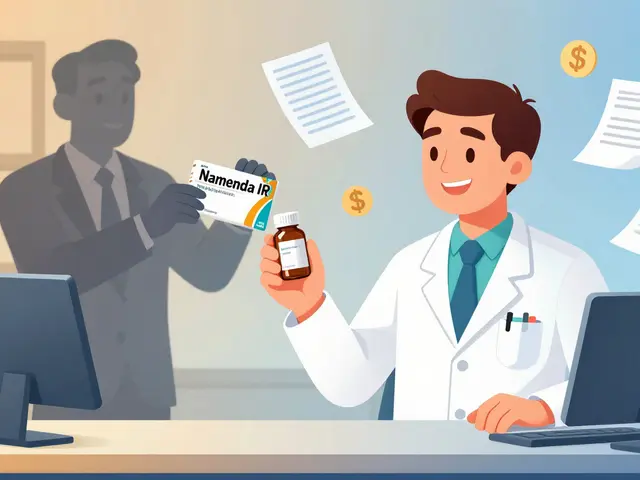Understanding Esomeprazole
Esomeprazole, commonly known as Nexium, is a medication used to treat gastroesophageal reflux disease (GERD), peptic ulcers, and other conditions related to the overproduction of stomach acid. As with any medication, it is important to properly store and dispose of esomeprazole to ensure its effectiveness and to prevent harm to the environment or other individuals. In this article, I will share tips and best practices for storing and disposing of esomeprazole safely and responsibly.
Proper Storage Conditions for Esomeprazole
Storing esomeprazole correctly is essential to maintain its quality and effectiveness. To ensure the medication remains potent and safe to use, follow these guidelines:
1. Keep esomeprazole in its original container, which is designed to protect the medication from light, moisture, and temperature changes.
2. Store esomeprazole at room temperature, ideally between 68°F and 77°F (20°C and 25°C). Avoid exposing the medication to extreme temperatures, such as in a car during the summer or winter months.
3. Keep the medication away from direct sunlight, as exposure to light can degrade its potency.
4. Avoid storing esomeprazole in damp or humid areas, such as in the bathroom or near the kitchen sink. Moisture can cause the medication to break down and lose its effectiveness.
5. Keep the medication out of reach of children and pets to prevent accidental ingestion.
6. Regularly check the expiration date on the esomeprazole container. Do not use the medication if it is past its expiration date, as it may be less effective or cause harmful side effects.
7. If you notice any changes in the appearance or smell of the medication, do not use it and consult your healthcare provider or pharmacist.
8. Always keep esomeprazole in a secure location, such as a locked cabinet, to prevent unauthorized access or misuse.
Safe and Responsible Disposal of Unused Esomeprazole
When you no longer need esomeprazole or have expired medication, it is important to dispose of it safely and responsibly to prevent harm to others and the environment. Follow these steps to properly dispose of unused or expired esomeprazole:
1. Do not flush esomeprazole down the toilet or pour it down the sink, as this can contaminate the water supply and harm aquatic life.
2. Check with your local pharmacy, healthcare provider, or community recycling center to see if they have a medication take-back program. Many pharmacies and healthcare facilities offer free and convenient medication disposal services.
3. If a medication take-back program is not available in your area, you can dispose of esomeprazole in your household trash by following these steps:
a. Remove the medication from its original container and place it in a sealable plastic bag.
This will help prevent the medication from leaking and contaminating the environment.
b. Mix the medication with an unpalatable substance, such as coffee grounds or cat litter.
This will discourage children, pets, and others from accidentally ingesting the medication.
c. Seal the plastic bag and place it in your household trash.
Be sure to remove any personal information from the medication container before discarding it.
4. Remember to always follow any specific disposal instructions provided on the esomeprazole packaging or by your healthcare provider or pharmacist.Monitoring Your Medication Supply
It is important to regularly monitor your esomeprazole supply to ensure you have enough medication on hand and to identify any unused or expired medications that need to be disposed of. Here are some tips for managing your medication supply:
1. Keep a medication log, noting the date each prescription was filled, the number of pills dispensed, and the dosage instructions.
2. Set a reminder on your phone or calendar to check your medication supply and expiration dates regularly.
3. Establish a routine for taking your medication, such as at the same time each day, to help ensure you never run out of medication or take expired medication.
4. Store all your medications in one secure location to make it easier to monitor your supply and identify any unused or expired medications.
5. Consult with your healthcare provider or pharmacist if you have concerns about your medication supply or need assistance with medication management.
Educating Yourself and Others about Esomeprazole
Being informed about esomeprazole and its proper storage and disposal is crucial for ensuring its effectiveness and preventing harm to others and the environment. Here are some ways you can educate yourself and others about esomeprazole:
1. Talk to your healthcare provider or pharmacist about esomeprazole, its uses, potential side effects, and proper storage and disposal methods.
2. Read the information provided on the esomeprazole packaging and consult the medication guide or patient information leaflet that comes with the prescription.
3. Research reputable online resources, such as the U.S. Food and Drug Administration (FDA) or the National Institutes of Health (NIH), for information about esomeprazole and other medications.
4. Share your knowledge about esomeprazole with friends, family members, and caregivers, especially if they are also taking the medication or have access to it. This can help prevent misuse and encourage responsible medication practices.
Recognizing the Importance of Proper Medication Practices
Proper medication storage and disposal are essential for ensuring the effectiveness of esomeprazole and preventing harm to others and the environment. By following the guidelines outlined in this article, you can contribute to safer and more responsible medication practices in your home and community. Remember to always consult your healthcare provider or pharmacist if you have questions or concerns about your esomeprazole prescription or any other medications you are taking.
Conclusion
In conclusion, properly storing and disposing of esomeprazole is crucial to ensure its effectiveness and to prevent harm to the environment or other individuals. By adhering to the guidelines and best practices outlined in this article, you can contribute to a safer and more responsible approach to medication management. Always consult your healthcare provider or pharmacist if you have any questions or concerns about esomeprazole or any other medications you are taking.





Wilson Roberto on 20 May 2023, AT 03:28 AM
Reflecting on the stewardship of our medicines, we find a quiet responsibility that mirrors broader ethical choices; storing esomeprazole properly is not merely a chore but a silent affirmation of respect for our own health and the ecosystems around us. By keeping the pills in their original containers, away from light and moisture, we honor the intent of the chemists who crafted them. A steady temperature, a secure cabinet, and a habit of checking expiration dates cultivate a rhythm of mindfulness that can spill over into other aspects of daily life. Let us view each step as a small act of stewardship, a practice that grounds us in intentional living.